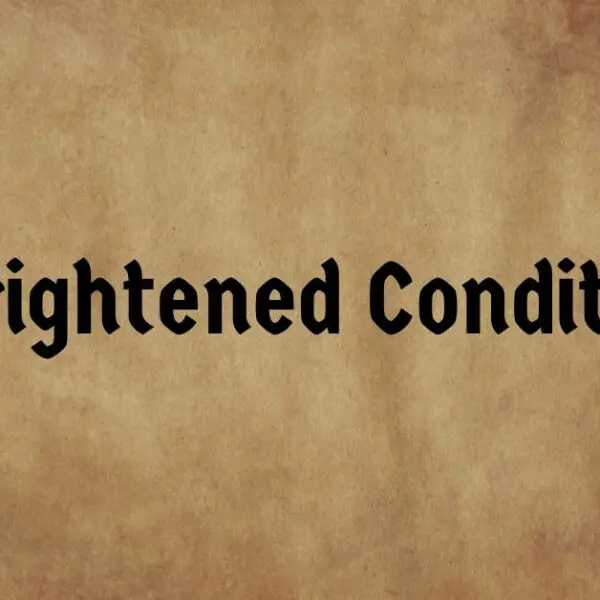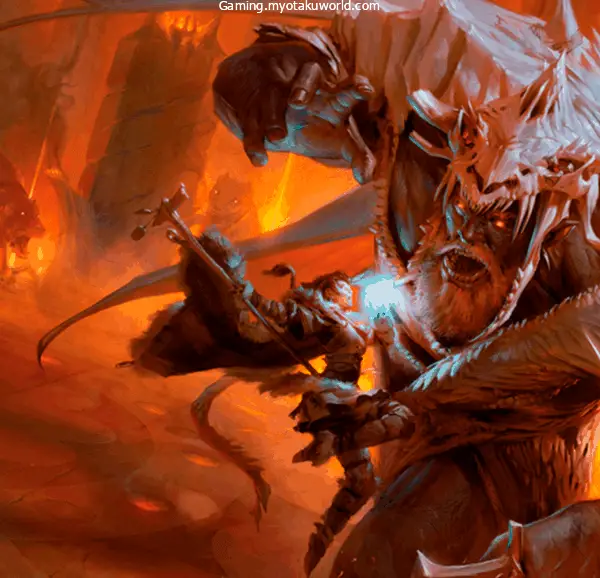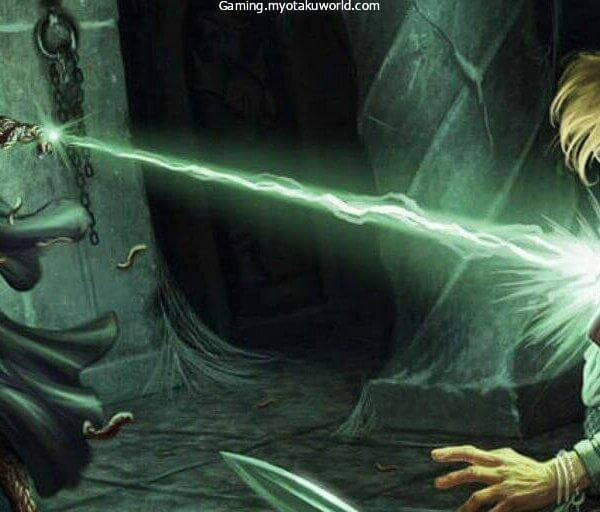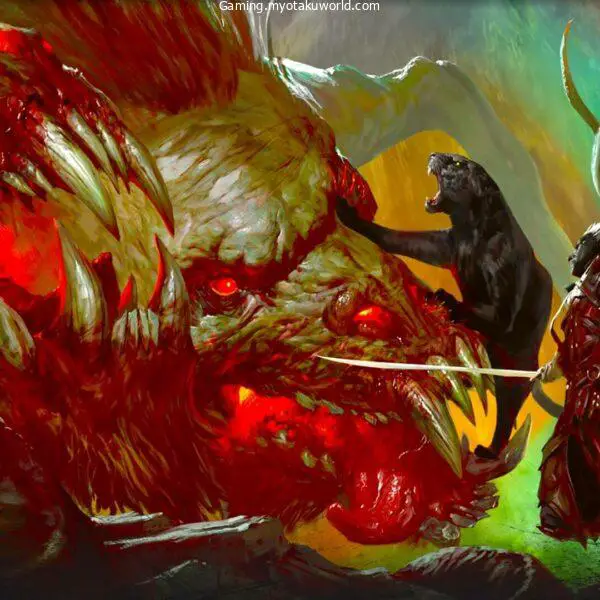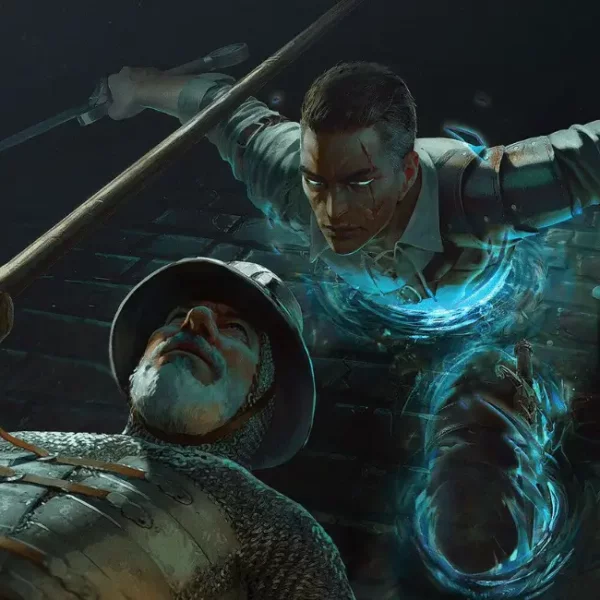To put it bluntly, 5e magic is a difficult system.
When working with complicated materials, such as the very fabric of the cosmos, there is a limit to the amount of attention that can be paid to the task at hand.
This idea is subjected to the test of concentration as a mechanical device. It guarantees that the person casting the spell is aware of the amount of effort necessary to cast the spell.
In Dungeons & Dragons 5th Edition, concentration is necessary to cast the vast majority of spells that last more than one turn.
However, it does not cover everything. You can do pretty much everything else you would normally be able to do while you have a concentration spell cast, except casting additional concentration spells.
While you have a concentration spell cast, you can still cast non-concentration spells, swing a sword, or have a conversation.
The use of analogy was ultimately the key to my understanding of this concept.
Imagine that for your character to keep the magic working, they needed to keep repeating the name of the spell over and over in their thoughts.
They still had options for doing other things. However, the thought of that spell is always running in the back of their heads.
To keep the spell’s influence going, there must constantly be an effort on your part.
Having said that, there is simply one aspect of focus.
The other, more vague part is the concentration check, which is what frequently brings about notoriety.
The question is, what the devil is that?
Checks on Your Concentration

You will need to make a concentration check whenever you take damage or if you are adequately astonished (the second one is up to the judgment of the DM), to keep from losing the spell entirely.
There are three different ways to test your level of concentration:
Concentration checks that are dependent on taking damage require you to make a Constitution saving throw (using a d20 and using your Constitution modifier) against a damage threshold of 10 or 50 percent of the damage dealt, whichever is higher.
If you take damage from more than one source, you must make a separate check for each one.
Concentration tests that are based on shock or instability, in which some element of your surroundings that is moving should legitimately hinder your capacity to concentrate.
Another check will be done on the Constitution, and this one will have a DC of 10.
In general, it is not trivial things like thunder or sudden darkness (I chose those two examples in particular because they are both low-level spell effects), but it is up to the discretion of your DM to decide whether or not it applies.
Checks for concentration that automatically fail aren’t checks at all; rather, they are things that automatically cause your focus to slip.
Both losing one’s life, which is evident, or having one’s health reduced to 0 and becoming unable to move results in a loss of attention.
But so does attempt to perform another spell that requires concentration.
It is important to pay attention to this one because, if you are attempting to flee the scene of a heist while using Invisibility to hide your movements, as soon as you try to cast Levitate to get over the far wall, your Invisibility will begin to wear off, and you will no longer be able to remain hidden.
Always remember to keep track of the spells that you currently have cast.
And if you want them to keep working for you, you need to make sure that you aren’t doing too much damage. Maintain that level of focus.

